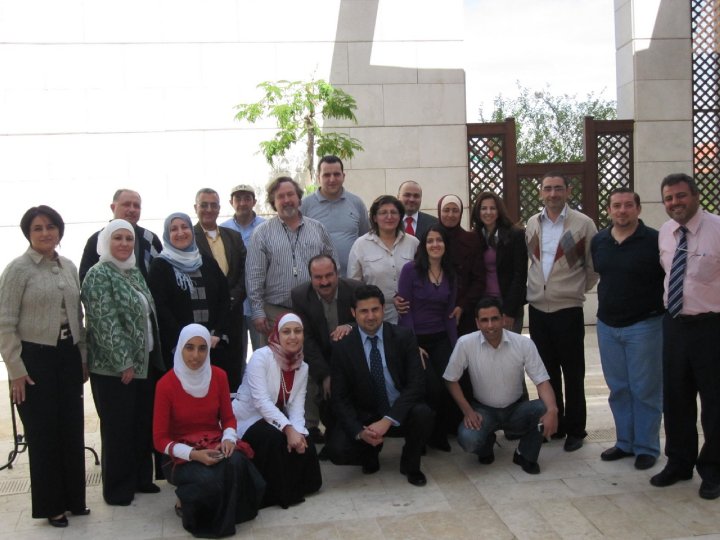Mar 24, 2014

What’s your favorite axiom, and why?
My favorite axiom is “pray for doubt”. The reason why it is my favorite is that it is both counter-intuitive and powerful. It is counter-intuitive because often facilitators avoid or dread doubt, and see it as a negative contribution. This axiom transforms those negative connotations into positive energy. The reason why it is transformative is that this axiom values doubt, which demonstrates that people care and are engaged; it demonstrates that people feel safe enough to give voice to their doubts; and, it is evidence that analysis is happening and feelings are being shared. Valuing these outcomes gives power to the doubt and contribution, and then can eventually challenge it to become productive and solution-oriented. At the same time, acknowledging doubt cannot be a rote or superficial response. The more empathy can be brought to the situation in a genuine way, the more authentic the learning, the search, the common construction of new knowledge.
Name 3-5 of your favorite facilitation skills. Describe what you use them for and why they’re favorites.
- Listening: Again counter-intuitive, demonstrates confidence, makes room for thinking, makes space for quiet in a noisy world.
- Echoing/paraphrasing using names: Acknowledging responses in a specific way, sometimes with a specific personal touch, creates an attentive inclusive difference-valuing space for learning, dialogue and debate.
- Weaving, as in story-telling about the event and how it might unfold: Breaks down the technical nature of a meeting (objectives, tasks, agenda items, resolutions), is more explicit about purpose and outcomes (what we need to get done), yet helps participants know their role and place, what is coming later in the meeting, how it all fits and links to one another.

Peter in Jordan with members of the Jordan Civil Society Program.
Of all the DE principles, which do you like the best? Why?
Singularity: Seeing each participant as a person of incomparable worth stretches the boundaries of inclusion, valuing difference, respect, and safety. When love is the measure of the relationship with each person of incomparable wealth, then that drives a very deep form of engagement on the part of the facilitator.
When you attend learning events that are not learning centered, what’s your biggest pet peeve?
Not knowing where I am going, or how what we are doing is being used, or assuming conclusions are group conclusions when they are really the facilitator or leader’s conclusions.
Why do you love DE?
I love DE because it is the best system of principles and practices I know that facilitates learning and change. I also love its versatility; virtually every other “method” or approach can be enriched by the application of DE principles and practices.
What would you say to someone who’s new to DE to explain the essence of DE?
Dialogue Education is . . .
- How adults learn.
- A reliable system for facilitating change.
- A useful set of tips and tools.
- A principled way of life.
What tips do you have for someone who’s been practicing DE for a while?
Personalize, innovate, make the practice your own. Move beyond the structure to breathing more life and “naturalness”, personality, into the designing and learning process.
If you use other teaching methods that you feel complement DE, what are they and how are they complementary?
They are all enriched and strengthened by DE, whether strategic planning tools like Appreciative Inquiry, SWOT, SOAR; or teambuilding principles and concepts, etc.



